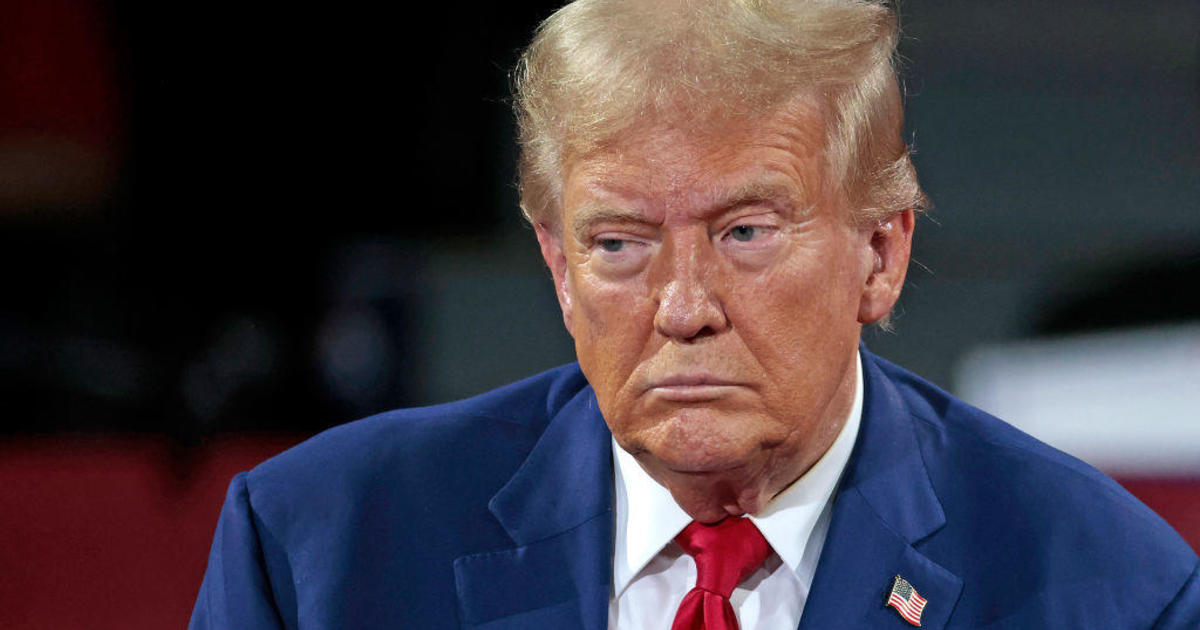Iranian hackers attempted to influence the 2024 election by targeting individuals connected to President Biden’s campaign with stolen information from former President Donald Trump’s campaign. The FBI and other federal agencies revealed that the hackers sent unsolicited emails in late June and early July containing excerpts from non-public material taken from Trump’s campaign. However, there is no evidence that any recipients responded to the emails, preventing the hacked information from being used in the election.
In late July, officials from the FBI, the Office of the Director of National Intelligence, and the Department of Homeland Security announced that Iran had initiated a campaign to weaken Trump’s candidacy, while Russia was trying to support him. This revelation came after sources informed CBS News that the FBI was investigating whether Iranian hackers had targeted individuals associated with both the Trump and Biden-Harris campaigns.
The Harris campaign spokesperson, Morgan Finkelstein, stated that they were not aware of any material being sent directly to the campaign. She explained that a few individuals associated with the campaign were targeted on their personal emails with what seemed like spam or phishing attempts. Finkelstein assured that the campaign had cooperated with law enforcement authorities upon learning about the foreign influence operation.
On the other hand, Trump campaign spokesperson Karoline Leavitt accused Iran of actively interfering in the election to help Kamala Harris and Joe Biden. Leavitt claimed that Iran’s actions were aimed at preventing President Trump from implementing tough sanctions against them. A Microsoft threat intelligence report from last month highlighted Iranian groups’ efforts to influence the 2024 election, further confirming Iran’s multi-pronged strategy to damage the Trump campaign.
Chris Krebs, former Director of the Cybersecurity and Infrastructure Security Agency, commented on the revelations, stating that Iran’s efforts were intended to harm the Trump campaign. He referenced a Senate Intelligence Committee hearing where Microsoft President Brad Smith characterized the foreign interference as Russia supporting Harris and Iran backing Trump.
The Trump campaign disclosed on August 10 that it had been hacked, and Iranian actors had stolen and distributed sensitive internal documents. News outlets like Politico, The New York Times, and The Washington Post received leaked confidential material from inside the campaign but have not disclosed any details. Politico reported receiving emails from an anonymous account containing a research dossier on Republican vice presidential nominee, Ohio Sen. JD Vance.
In response to the allegations, Iran’s permanent mission to the U.N. issued a statement calling the FBI’s claims unfounded and inadmissible. The statement reiterated Iran’s lack of motive or intent to interfere in the U.S. election and demanded substantiated evidence from the U.S. government to support their accusations.
The unfolding events shed light on the complex web of foreign interference in the 2024 election, with Iran and Russia playing contrasting roles in supporting different candidates. The efforts of Iranian hackers to target individuals associated with both presidential campaigns underscore the ongoing threat of cyberattacks and disinformation campaigns in the digital age.
As the election season progresses, it is crucial for authorities to remain vigilant and address any attempts to undermine the democratic process. The revelations of hacking and foreign influence operations serve as a stark reminder of the challenges posed by malicious actors seeking to disrupt elections and sow discord in society. Vigorous cybersecurity measures and cooperation between government agencies and tech companies are essential to safeguarding the integrity of electoral processes and protecting democratic institutions from external threats.









